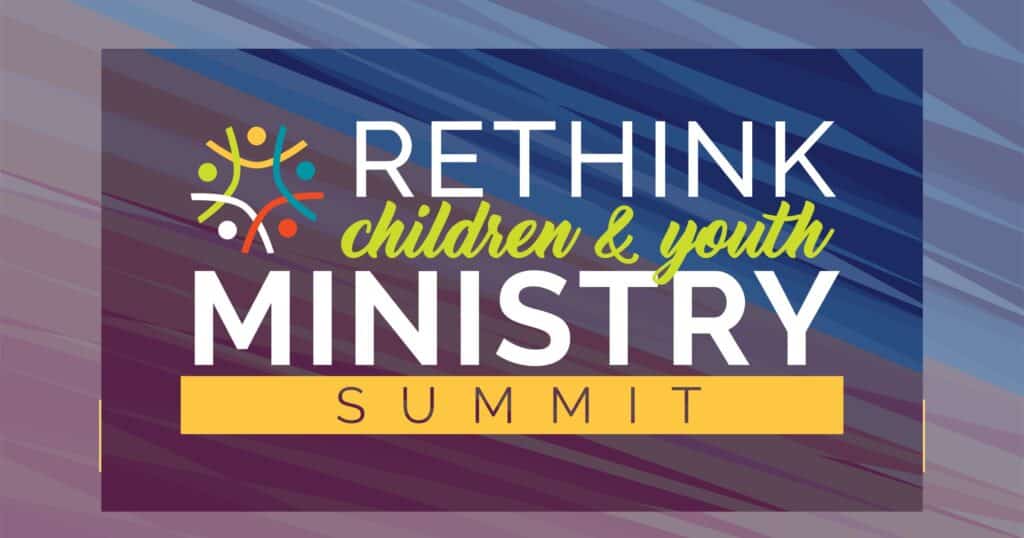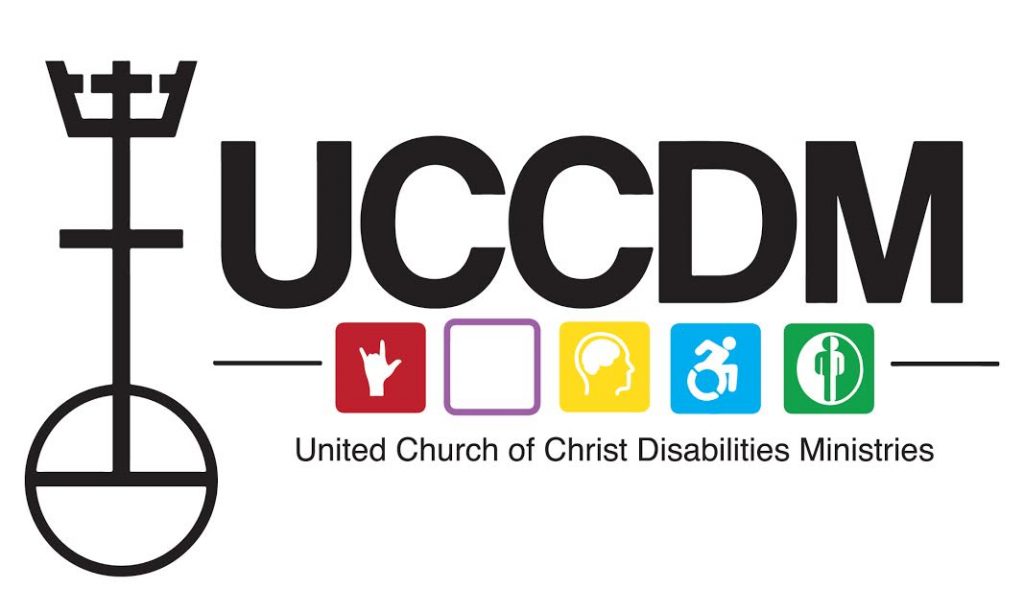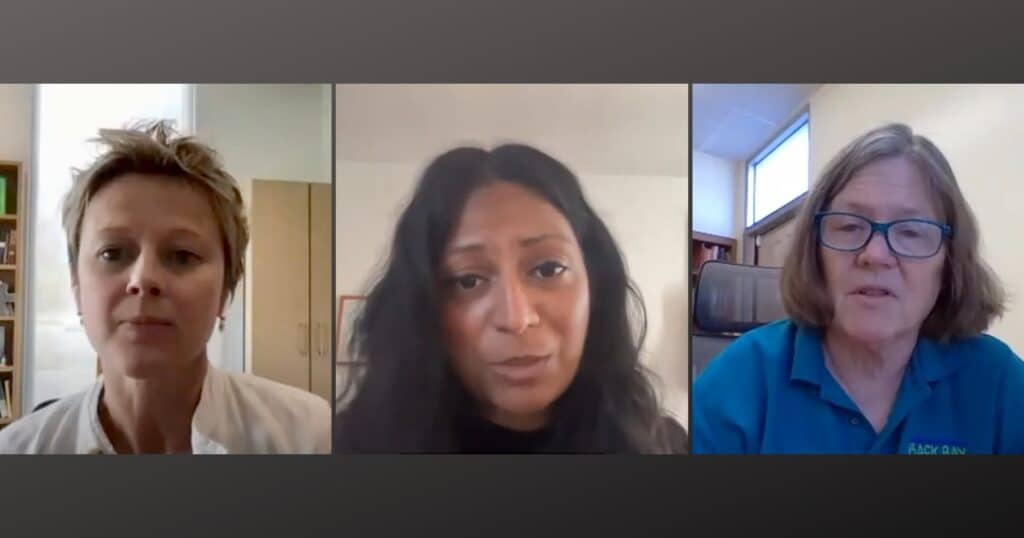Online education holds promise for UCC seminaries; profit may come later
As the recession puts added financial pressure on seminaries, the case for online theological education might seem like simple math. Add more students, subtract costly services such as housing and food — which online students don’t need — and improve the bottom line.
All seven UCC-related seminaries already have or will soon offer some form of online or distance learning. None expect the move to bring a quick financial payoff, due to the investments in technology, training, and support staff needed to go online.
Nonetheless, school administrators say the shift is absolutely necessary to serve both students and the wider church.
“There’s a greater and greater need within the church to access, if not whole degrees, then at least a certain amount of theological education, without having to pull up stakes and move elsewhere,” says the Rev. Richard Weis, dean of United Theological Seminary of the Twin Cities. Many United students travel from the Dakotas and Iowa. Online courses will lessen their commuting burden, Weis says.
Because Web-based courses are primarily asynchronous — students can do the work when it’s convenient — the online format is well-suited to people whose work and family schedules don’t synch with the normal teaching schedule of a seminary, says Mary Tolbert, dean of Pacific School of Religion.
About half of Protestant seminaries with membership in the Association for Theological Schools are engaged in some form of online or distance education, says William C. Miller, one of ATS’ three accreditation officers. ATS requires at least one-third of a degree program to be residential. But as schools experiment with different delivery models, including those involving online technology, the definition of “residential” is changing.
Many web-based courses employ a hybrid model, combining one or two on-campus sessions with online reading, video lectures, podcasts, forum discussions, and live chat.
Theology professor the Rev. Susan Brooks Thistlethwaite has taught several hybrid courses at Chicago Theological Seminary. Students come to campus for a two-day intensive at the beginning, but the rest of the course takes place on the web.
Kathi Elliott, a commissioned minister serving a congregation in a small Indiana town, took Thistlethwaite’s Public Theology course online last fall. Elliott has been pursuing ordination, and her committee on ministry is letting her supplement her Master of Arts in Lay Ministry degree with a few courses, rather than going back to earn a Master of Divinity. So Elliott took a course at a seminary in Indianapolis, balancing church work and family life with commuting and studying. “The class was fantastic, but it almost did me in,” she says.
Elliott convinced the committee on ministry to let her to take Thistlethwaite’s course. After a two-day intensive in Chicago, the class met online weekly for two-hour chats. Students downloaded podcasts, experimented with social media, and set up blogs.
The committee on ministry worried that an online course would not provide enough interaction with other students, Elliott says. But she found plenty of opportunities through email exchanges, blog comments, and the bi-weekly chats.
The Rev. Jeff Jones, director of distance learning at Andover Newton Theological School, has taught online for six years and has experimented with helping students build community. Jones allows more time for personal sharing at the beginning of a course, and expects some discussions unrelated to course material. “I have a forum called Coffee Break, where I encourage students to post issues they’d talk about during a break between classes,” he says.
Thistlethwaite’s students get to know her and each other really well during online courses, she says. “The online chats often have some very moving moments. In some ways the discussion is more focused, since people have to type their thoughts out.”
Students sometimes underestimate how much time an online course really takes, says the Rev. Nadine Pence, who previously taught theology at Bethany Theological Seminary in Richmond, Ind. The school’s attrition rate for online courses dropped after they began counseling students in advance, telling them to expect to work 10 to 15 hours per week for each online class.
Pence is now the director at The Wabash Center for Teaching and Learning in Theology and Religion. The center trains faculty to use the tools of online teaching, and to tailor their modes of teaching to the online medium. Teaching an online course often takes more time than teaching in the classroom, because it has a tendency to become almost individualized, Pence says.
Mary Hess, a faculty member at Luther Seminary in St. Paul, Minn., does research on digital technology and teaching, and has led workshops for the Wabash Center. Going online can allow seminaries to offer a richer curriculum, and collaborate more effectively, says Hess.
The move online could also lead to increased competition between seminaries. If geography is no longer a key parameter, schools will have to differentiate themselves in ways that are non-geographical, says Miller of the Association of Theological Schools.
The Rev. Barbara Essex, the UCC’s Minister for Higher and Theological Education, says the UCC’s seven seminaries are interested in finding ways to work together. Each school has different strengths, she says.
Essex sees several possibilities for the seminaries to offer courses jointly online. A UCC History and Polity course, for example, could be hosted on the denomination’s web site, available to both seminarians and laypeople. Several seminaries are working closely with UCC judicatories to meet the growing need to train lay leaders — another area where online and distance learning could be a good fit.
Here’s a look at what UCC-related seminaries are doing online:
- Andover Newton Theological School started its distance learning program in 1998, and now offers 12-14 courses a year online, according to Jeff Jones, director of distance learning. Most of those are fully online; a few are hybrid. Between 5 and 10 percent of those taking online classes are not Andover Newton students, Jones said.
- Bangor Theological Seminary does not offer online classes yet, but trustees have appointed a committee to evaluate the technology and faculty training needed. The seminary plans to have four courses designed, and possibly implemented, by the spring of 2011, says T. Richard Snyder, academic dean. The primary motivation is to better serve students, many of whom commute from remote areas of Maine.
- Chicago Theological Seminary has offered a few hybrid courses, and some faculty are incorporating web-based components such as online forums into traditional courses. The seminary’s impending move to new building with technology upgrades has prompted conversations about next steps, including offering some classes strictly online, says Ken Stone, dean for academic administration.
- Eden Theological Seminary’s introductory biblical studies course has been offered online for several semesters. The school is developing online courses with an eye toward those that are most useful and engaging for future church leadership, according to Deborah Krause, academic dean and New Testament professor. Eden’s strategic plan calls for expansion of online and distance learning, in both degree and non-degree programs and in lay education.
- Lancaster Theological Seminary is in the early stages of exploring distance learning opportunities, says James Siburt, the seminary’s director of communications, educational technology, and marketing. This fall, Siburt will teach a hybrid course on new media theory and design as part of the school’s new Youth and Young Adult Ministry Program. They are experimenting with iTunesU and Google Apps, and are deploying a new open-source collaboration platform for distance learning. Donors and grant money from the Arthur Vining Davis Foundation are funding classroom upgrades.
- Pacific School of Religion recently petitioned to the Association of Theological Schools for approval of a full online and distance learning program, according to Laurie Isenberg, director of community and continuing education. Pending approval, PSR will begin offering an online certificate in theological studies this fall. Students who earn the certificate can transfer into the Master of Divinity program with a full year of study completed. Long term, PSR plans to develop a more extensive MDiv program online, so that students won’t have to spend two years in residence, Isenberg says.
- United Theological Seminary of the Twin Cities first ventured into online education through its continuing education programs. Two years ago, the seminary introduced its first online academic course — congregational spirituality — using a hybrid approach. This year, they offered two courses, and will expand to three next year. UTS intends to move from hybrid to fully online, but wants to keep an eye on the needs of the church and allow its plans to evolve organically, says Richard Weis, dean of the seminary and professor of Old Testament theology.
Related News
Rethink Children and Youth Online Summit will delve into future of ministry for younger generations
Children and youth will be the focus of discussion at the Rethink Children and Youth Ministry...
Read MoreEngaging and Inclusive Worship grant: Call for focus group participants
The United Church of Christ National Setting has received a $2,000 grant originating from the...
Read More‘Brave Conversations’: Webinar speakers navigate interfaith relations in time of deep polarization
With the Middle East conflict fueling antisemitic and anti-Muslim rhetoric and violence in the...
Read More

